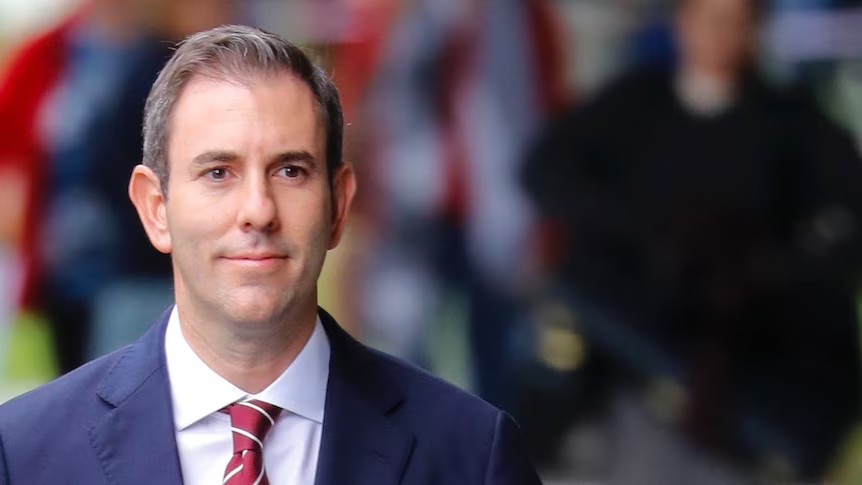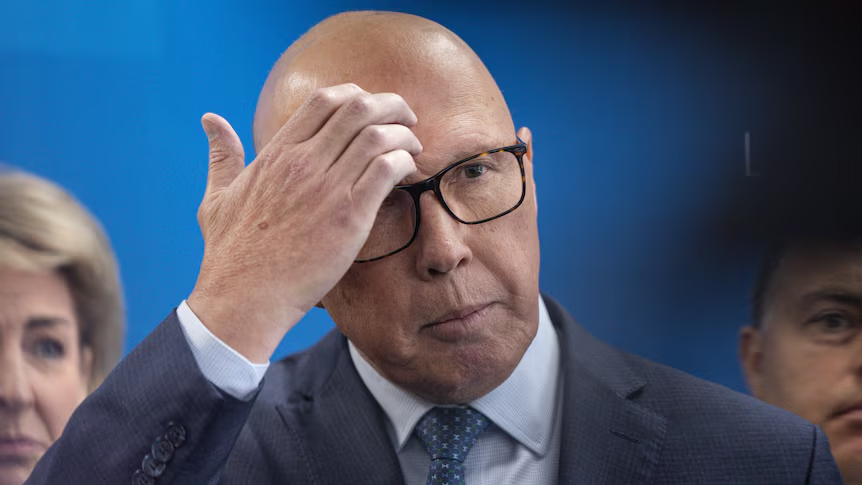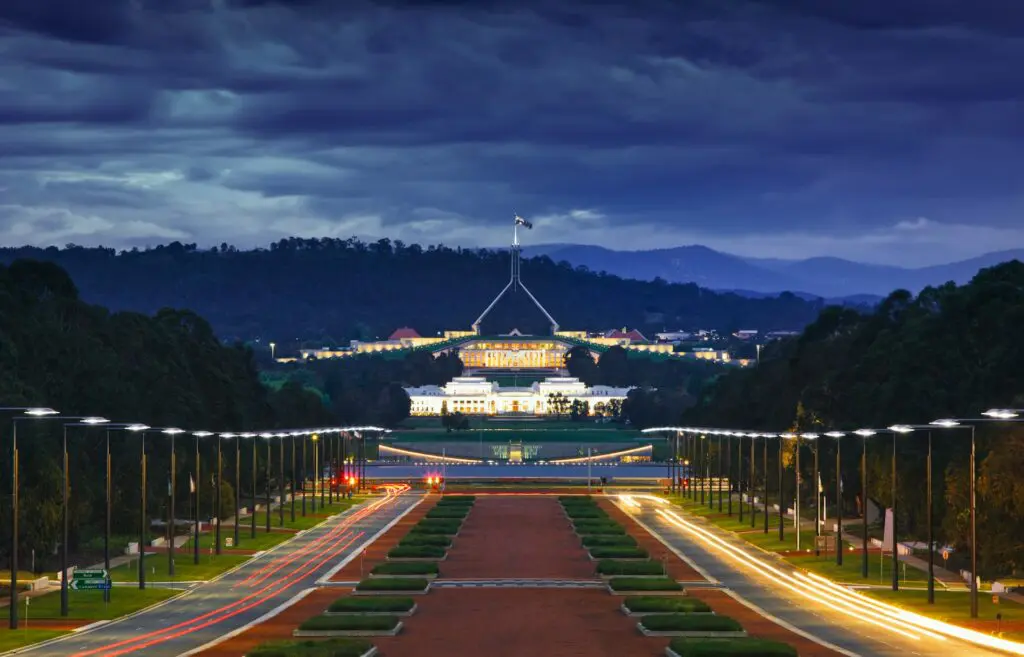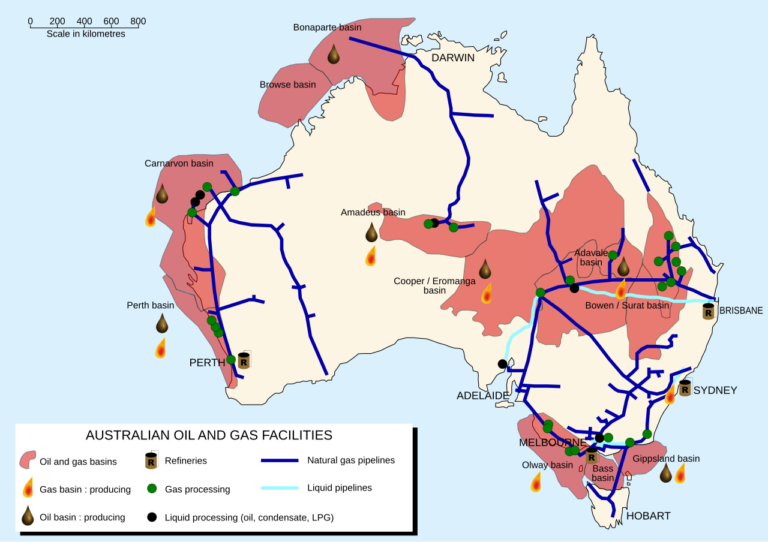
RBA Governor Bullock Defends Government Spending as Liberals Misinterpret Intentions
Share your love
In a recent Senate hearing, Reserve Bank of Australia (RBA) Governor Michele Bullock clarified her stance on federal government spending, responding to media reports and questions from Opposition senators suggesting she had cautioned Treasurer Jim Chalmers about fiscal policies. Bullock’s statements were reportedly interpreted as a warning to the federal government to restrain spending, especially as Australia approaches an election period. However, Bullock rejected these interpretations, making it clear that she does not see the government’s spending as problematic and, in fact, supports its approach to balancing inflation control with economic growth.
The conversation underscores a recurring tension in Australian politics: how fiscal and monetary policies intersect and the political narratives that often surround them. Bullock’s comments came amid reports from media outlets, including the Australian Financial Review (AFR) and ABC, claiming that she had cautioned the government to exercise restraint to avoid fuelling inflation. In response, Bullock emphasized that her discussions with Chalmers are constructive and that she has not issued any formal cautionary advice. Her clarification highlights the careful navigation required to manage inflation without stifling economic support measures during a period of global economic uncertainty.
Clarifying Economic Strategy: Bullock on Government Spending
During the Senate hearing, Bullock provided insight into the current economic landscape, explaining that while private sector demand remains relatively weak, public sector spending has filled this gap, supporting economic stability. This balance between public and private sector demand is essential to keeping the economy afloat while inflation gradually returns to target levels. Bullock’s remarks suggest that without government intervention, economic growth could be stifled further, an outcome that would be counterproductive for both inflation management and overall economic health. “Our forecasts show that with that sort of mix, we end up with inflation coming back down to target in the next couple of years,” she explained.
Bullock’s assessment aligns with a global understanding among economists: in times of weakened private sector demand, the public sector’s role becomes pivotal in sustaining economic momentum. Far from cautioning against spending, Bullock appeared to support the government’s approach, viewing it as a necessary response to fill the economic gap left by a fragile private sector. In a complex economic environment with competing pressures on fiscal and monetary policy, her comments underscored the importance of a nuanced approach rather than blanket austerity measures, as some Opposition members might advocate.
Opposition Misinterpretation and Political Posturing
The Opposition, particularly Liberal Senator Dean Smith, seized on Bullock’s earlier comments, using them to suggest that the RBA had indirectly criticized the government’s spending approach. Senator Smith questioned Bullock on the supposed risks of not exercising fiscal restraint, seemingly pressing the narrative that the government’s spending could further fuel inflation. However, Bullock’s response dismantled this interpretation, clarifying that the government’s spending has, in fact, been judicious and aligned with the Reserve Bank’s goals of managing inflation and supporting economic growth.
This misinterpretation by the Opposition not only highlights a political strategy aimed at framing the government’s fiscal policy as irresponsible but also reflects a broader trend of using economic issues as leverage. For the Opposition to cherry-pick comments and suggest that Bullock had “warned” the government serves as a political tactic rather than an economic critique grounded in the actual comments made by the RBA governor. Bullock’s clarification not only corrected the record but also showcased the complexities of managing public perception when policy is filtered through a highly charged political lens.
The Global Dimension: Trump’s Influence on Inflation
Adding to the economic complexity, RBA Assistant Governor Christopher Kent weighed in on the potential global impact of Donald Trump’s return to the U.S. presidency, noting that Trump’s economic policies could trigger higher global interest rates and inflation. Kent explained that anticipated U.S. policies, such as increased deficits through tax cuts, are likely to push up long-term U.S. interest rates, which could have a ripple effect internationally, including in Australia. Higher U.S. rates often drive up borrowing costs worldwide, meaning Australia’s inflation battle could be compounded by external factors beyond the government’s control.
Trump’s potential trade tariffs, especially those targeting China, were also raised as a concern. Kent explained that increased tariffs could disrupt global trade flows, harming Australia indirectly. As an open economy heavily reliant on trade, Australia is vulnerable to shifts in global economic conditions, particularly those instigated by major economies like the U.S. Bullock and Kent’s remarks collectively suggest that while domestic fiscal policy is crucial, global forces, especially those originating from the U.S., play a significant role in shaping Australia’s economic landscape.
Conclusion: Responsible Governance Amid Political Gamesmanship
Governor Bullock’s comments and clarifications underscore the importance of a balanced fiscal policy that neither disregards inflation risks nor stifles economic growth through excessive austerity. Her support of the Albanese government’s spending approach, in light of a weak private sector, highlights the responsible fiscal management needed during times of economic uncertainty. As Bullock pointed out, both the government and the Reserve Bank recognise the need for collaboration to manage inflation effectively and sustain economic momentum.
The Opposition’s attempts to twist Bullock’s remarks into a critique of government spending illustrate a familiar pattern of political posturing, prioritizing political points over nuanced economic discussions. This tactic may serve the Liberal Party’s narrative, but it risks undermining the public’s understanding of complex economic issues. With global uncertainties on the horizon, including Trump’s potential influence on inflation, Australians should be cautious of simplistic narratives and recognise the multifaceted approach required to navigate the country’s economic future responsibly.
Sources
1. RBA Governor Michele Bullock’s Senate Hearing Comments – ABC News
2. Media Coverage on RBA’s Stance on Government Spending – Australian Financial Review
3. Australia’s Inflation Projections and Economic Growth Forecasts – Reserve Bank of Australia
4. Christopher Kent’s Comments on Global Inflation and Trump’s Impact – SBS News
5. Historical Context on U.S. Influence on Global Interest Rates – OECD Economic Outlook
AI-Generated Content Notice: The articles published on this website are generated by a large language model (LLM) trained on real-world data and crafted to reflect the voices of fictional journalists. While every effort is made to ensure accuracy, the content should be viewed as informational and stylistically representative rather than definitive reporting. Always verify the information presented independently. Read our full disclaimer by clicking here.











